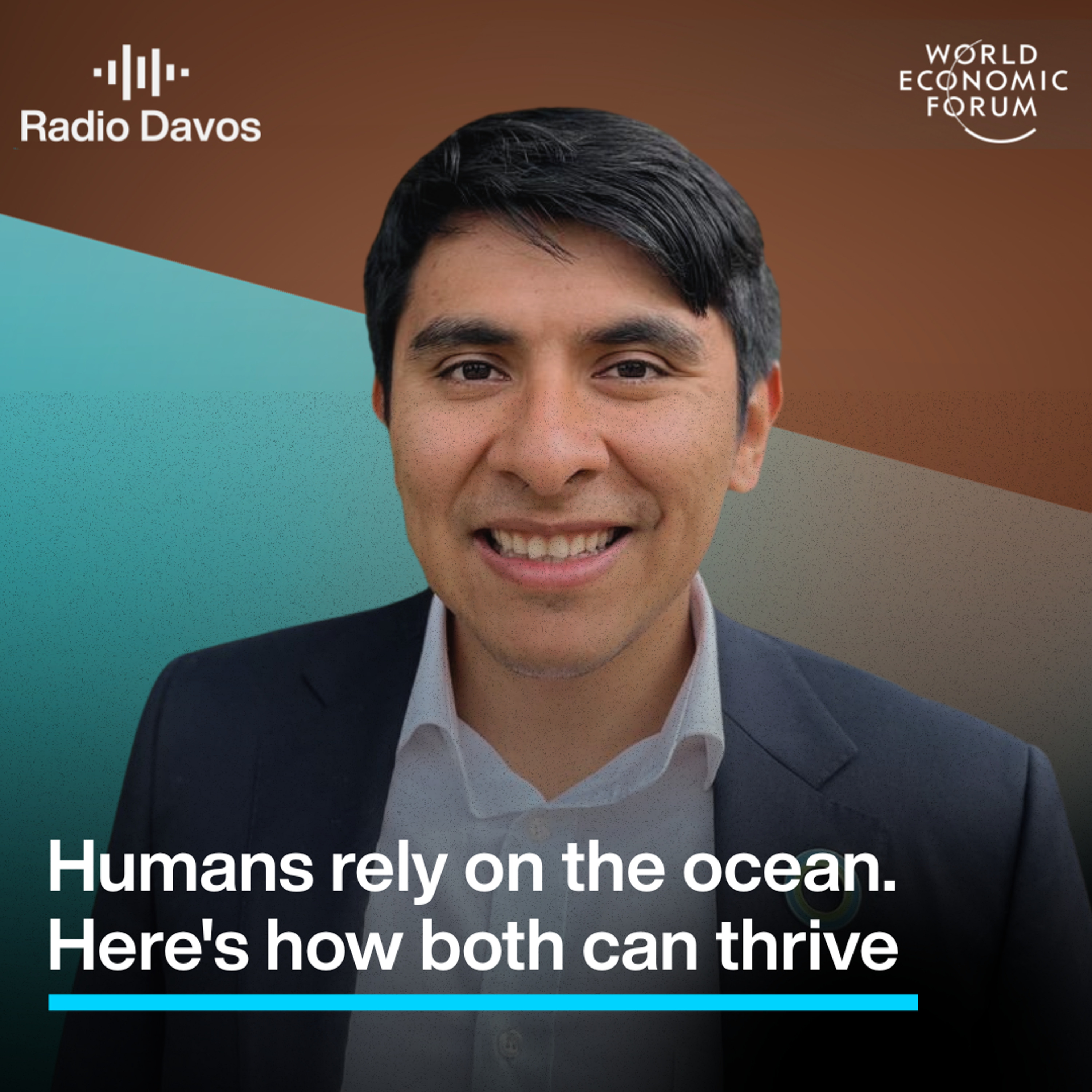We're sunsetting PodQuest on 2025-07-28. Thank you for your support!
Export Podcast Subscriptions
Humans rely on the ocean. Here's how both can thrive
2025/5/22
World Economic Forum
A
Alfredo Girón
R
Robin Pomeroy
Alfredo Girón: 我认为过去几十年,我们主要关注保护海洋的生物多样性,但这种方法并不总是有效。现在,我们需要将社区纳入考量,关注保护如何带来繁荣、经济增长、就业和社区的心理健康。海洋繁荣区的重点在于保护和受益,社区必须从一开始就参与,不仅要设计和决定在哪里保护,还要考虑如何从中受益。这些利益不仅限于金钱,还可以是文化方面的。例如,墨西哥下加利福尼亚州南部的卡波普尔莫国家公园,通过与社区合作,恢复了鱼类种群,并允许社区提供潜水服务,经过20年的保护,鱼类种群恢复了四倍,每年创造近800万美元的生态旅游收入。太平洋岛国也制定了“蓝色太平洋繁荣倡议”,旨在保护数十亿公顷的海洋,并从中创造经济回报,使太平洋岛屿的所有社区受益。社会凝聚力和对这些过程的认可是生态恢复的最重要驱动因素,最成功的保护工作来自从一开始就参与并与保护成果良好合作的社区。
Deep Dive
Shownotes Transcript
Humans rely on the ocean, not just for food, but for industries such as shipping, telecommunications, and renewable energy - as well as its vital role in absorbing carbon and regulating the climate. Is there a way to make our interactions with the ocean beneficial to the ecosystems? Alfredo Giron, head of Friends of Ocean Action, believes 'Marine Prosperity Areas' could do just that. Links: Friends of Ocean Action: Ocean Action Agenda: Marine Prosperity Areas: Related episodes: Check out all our podcasts on : - - : - : - : Join the :